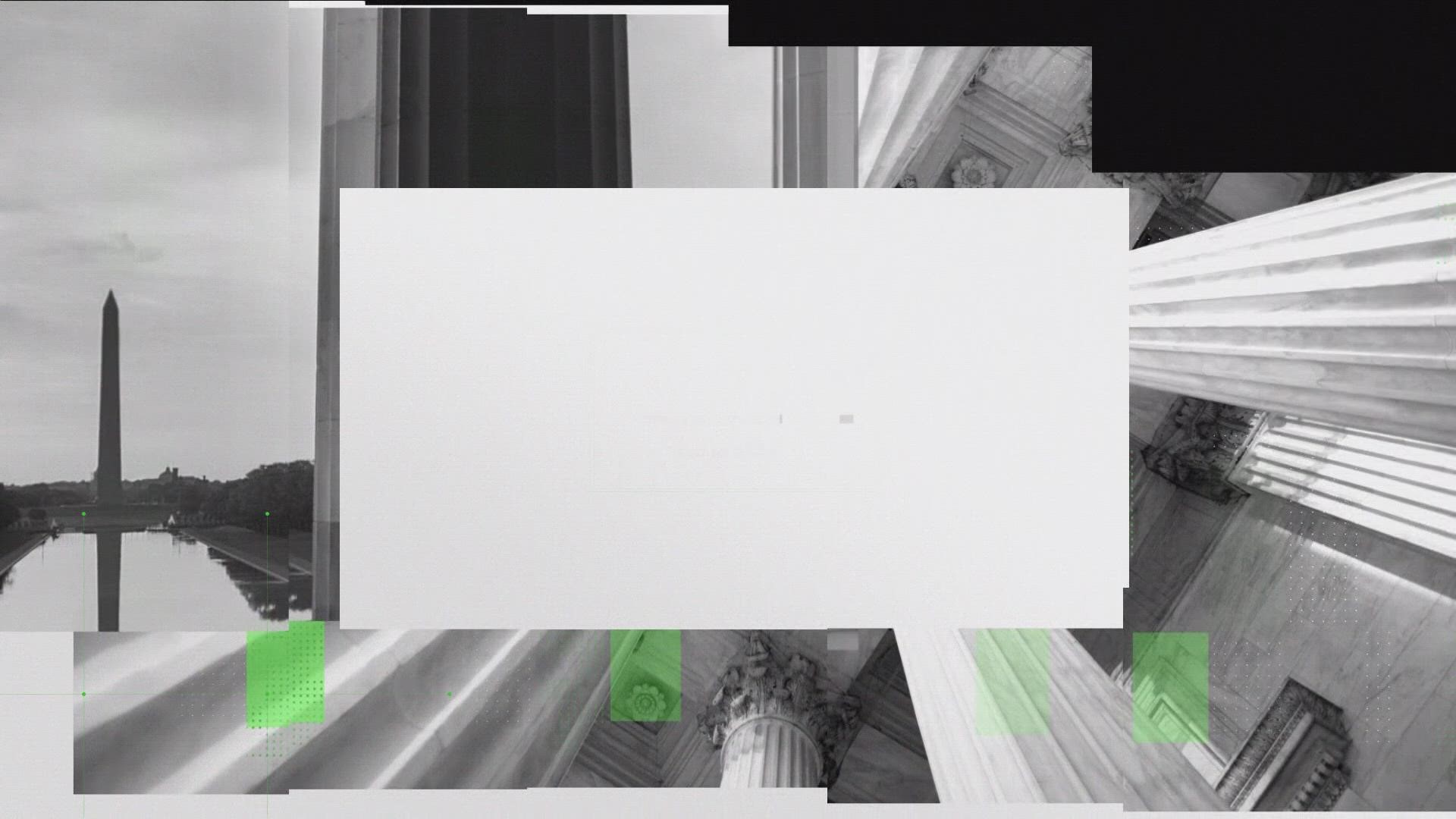WASHINGTON — D.C. took a big step in allowing non-citizens to vote in local elections. On Tuesday, a DC Council committee voted in favor of a bill that would let non-citizens vote in D.C. elections.
According to the city council, if the bill is approved, D.C. would join the ranks of 11 Maryland municipalities that also let non-citizens vote. That list includes Barnesville, Cheverly, Chevy Chase Section 3, Garrett Park, Glen Echo, Hyattsville, Martin’s Additions, Mount Rainier, Riverdale Park, Somerset, and Takoma Park.
So what would the legislation do, and what would it not do?
Our VERIFY researchers looked at the bill (B24-0300), a report from the Committee on the Judiciary and Public Safety, and spoke with Councilmember Charles Allen who chairs the committee and co-sponsored the bill.
The bill would give all non-citizens the opportunity to vote in local city elections. That includes races for D.C. Mayor, chairman or member of the council, attorney general, board of education, ANC, and any initiative, referendum recall or charter referendum.
Allen said undocumented immigrants are included in this proposal.
Just like citizens, non-citizens would have to be 18 years old by the time of the general election, live in D.C. for at least 30 days before the election, and not claim voting residence or the right to vote in any state or territory.
Councilmember Allen said D.C. residents know what it's like to fight for a voice in politics.
"We are the folks who have taxation without representation, so we feel a certain way about representation," Allen said.
He added that "we are better when more voices are heard at the ballot box."
As for what the Local Resident Voting Rights Act of 2021 would not do— it doesn’t allow non-citizens to vote in federal elections.
In fact, Allen says there will be two separate ballots, one with only local races.
The Executive Director for the Central American Resource Center Abel Nunez testified in opposition to the bill saying if a voter accidentally tries to vote in a federal election, he or she could jeopardize their naturalization process and risk deportation.
"The probability of an LPR to make a mistake and incorrectly vote in a federal election is high," Nunez said. "The consequences for making that mistake do not surpass the benefit, given that LPRs eventually would be eligible to apply for citizenship and gain the full right to vote."
Allen says the committee "took [the testimony] very seriously" and told VERIFY, "we're really thoughtful about that process to make sure that that doesn't happen.”
Board of Elections Executive Director Monica Evans submitted testimony in July, stating logistical challenges that would need to be addressed, including updating voter registration forms, creating new ballots, modifying equipment that scans and tabulates mail-in ballots, education and outreach and additional funding.
"Please note, there are several proposed election-related legislative changes that will go into effect for the 2024 election cycle," Evans explained. "As you review these legislative proposals, we ask that you consider a reasonable timeline for BOE’s implementation."
As for the next steps, the bill still needs to be voted on by the council and signed by the mayor.
Brianne Nadeau is the lead sponsor of the bill, with Councilmembers Lewis George, Silverman, Henderson, Pino, R. White and Allen co-sponsoring.
Allen's office told VERIFY the bill won't be in effect by the November midterms, so it would not impact local races.

